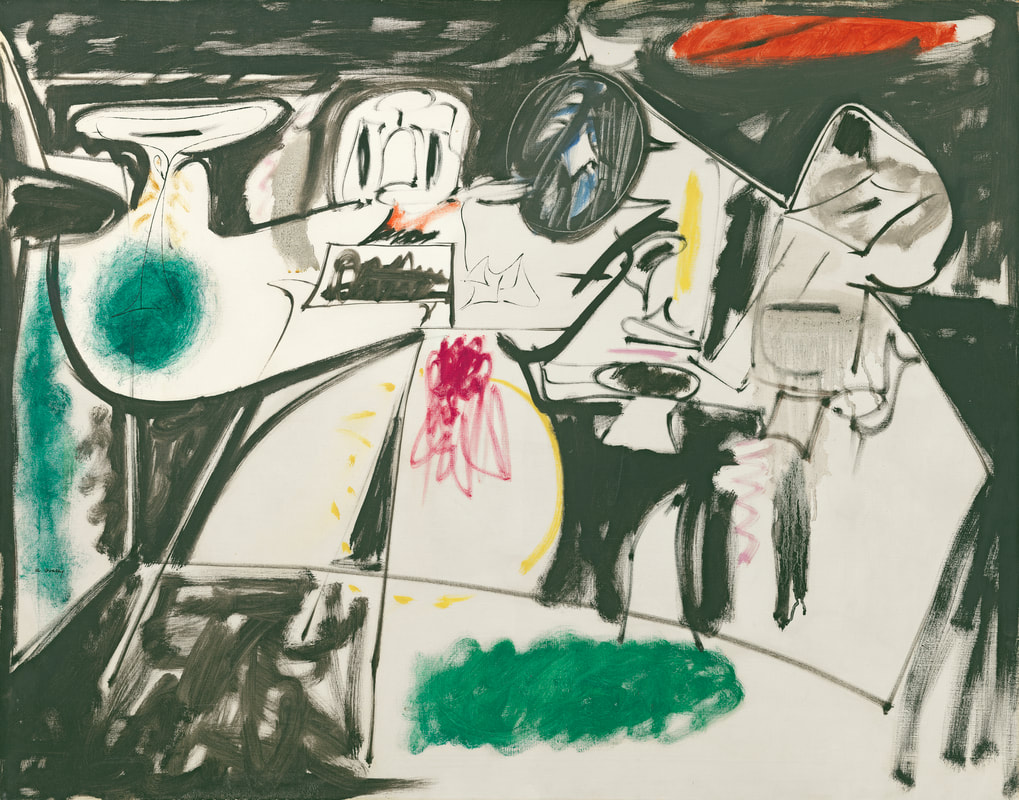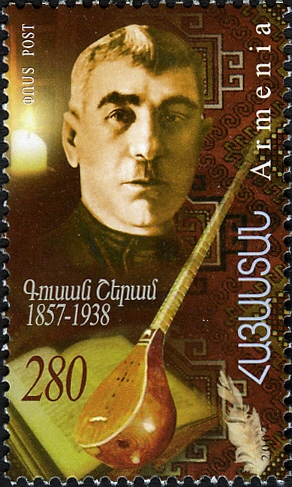The Journalist
At the bar you read Lolita alone,
charm me with talk of Foucault and Bikini Kill,
I haven’t seen a man read a book in months.
Later, I soak in the ceramic tub
at your apartment rental,
overlooking the sea, the black night air
thick with salt, jasmine.
The next day at the beach, I order mussels,
suck their little bodies free, purple shells
rattling in a tin. You insist on pizza,
your pink neck brightening under the sun.
When the bill comes you claim
they ripped you off, those boys
smoking cigarettes behind the kitchen,
laughing at the lanky Englishman, scuffing
their feet on the sandy tile floor.
Of course, you’d prefer a local girl,
to roll you fresh byrek,
stir pots of beans on the stove,
but you won’t stay long enough for that. Anyway,
the men here intimidate you, with their round bellies
and oiled skin, their chest hairs curling
into the sun. I tire of you, but stay
to buy grapes and plums
from an old woman, who winks,
reminds me to marry an Albanian.
She weighs our fruit.
I tell you we got a good deal.
We chew meat from pits,
watch the sunset.
Soon you’ll be back home
clacking your Mac keys for the online travel journal,
saying, what a quaint and affordable beach.
The locals were so kind.
The Gift
What I remember most is the way
…………….you could peel a cucumber
…………………………..in one strand, the dark green
ribbon floating to grass at your feet.
…………….The fire smoldered— ready for meat. The pale
…………………………..pile of cucumbers grew. You sliced one,
presented it on the knife tip,
…………….nodded toward the white cheese.
…………………………..Bare grape vines knotted above us, in the dark
garden. A black coat edged
…………….my shoulders, like a grandmother’s. The moon
…………………………..a milk scone, creak of the blue iron gate, you
with plastic bottles of raki— fire liquor.
…………….Near the stream where bagged kittens
…………………………..were thrown to drown, your tight jaw—
what comes from losing a father young. The bottles
…………….crackled under the clutch of nervous hands. You didn’t
…………………………..try to touch me— held the liquor
out front of your chest, instructed,
…………….Pour the raki in a saucepan.
…………….Over the steam breathe deep,
…………….burn everything away.
That night, in the house, I did as you told me, pulled
…………….muslin— made a tent of hot breath. Liquid dripped
…………………………..from my eyelashes, rippled in the pan. Steam clouded
my vision. I was ill— you cared.
…………….Later you undid me, peeled the jeans
…………………………..from my hips, by morning you had split
a stack of oak for the fire, swept
…………….every web from the floors.
The Harbor
A photo. You on the edge of a ferry. A message.
The police are waiting for me. You were a boy once
emerging from the river, flicking water
from the ends of your hair. Girls falling in love
around you. Did you make it to London?
Does that smile work there? Today, in Albania,
your mother— cut out by grief— knits doilies. The evening
news blares on. She slips a splash of sambuca in her tea.
I remember when you brought us to the cafe
with the caged bears. Those giant mammals above us,
their faces like sad dogs. I believe if I write about you,
I will never lose you. There was the time you knelt
before me in the shower, a mouthful of ocean,
two boats knocking in the harbor.
Melanie Tafejian is a writer and educator living in Raleigh, North Carolina. Her work appears or is forthcoming in Poetry Northwest, Raleigh Review, Willow Springs, Asheville Poetry Review, and The Kenyon Review.
Published 2 August 2021 in The Los Angeles Review











